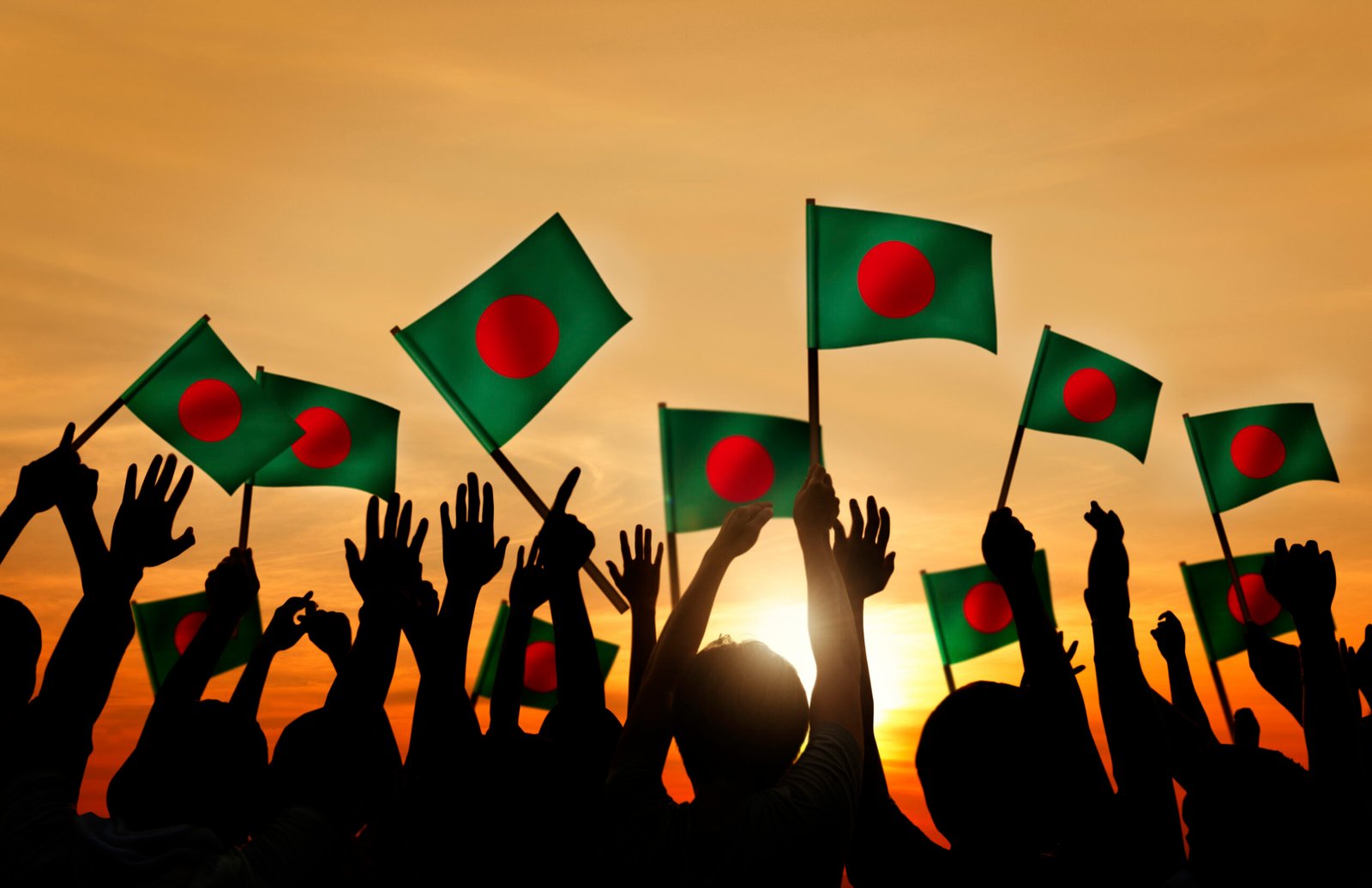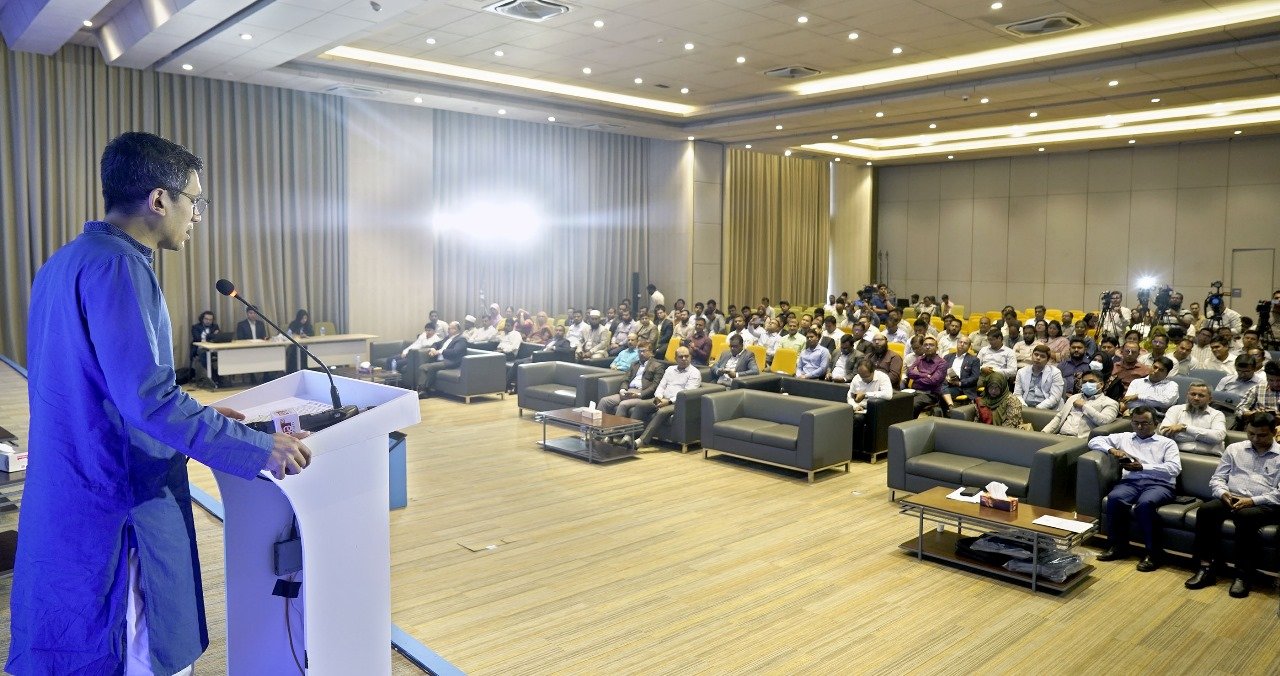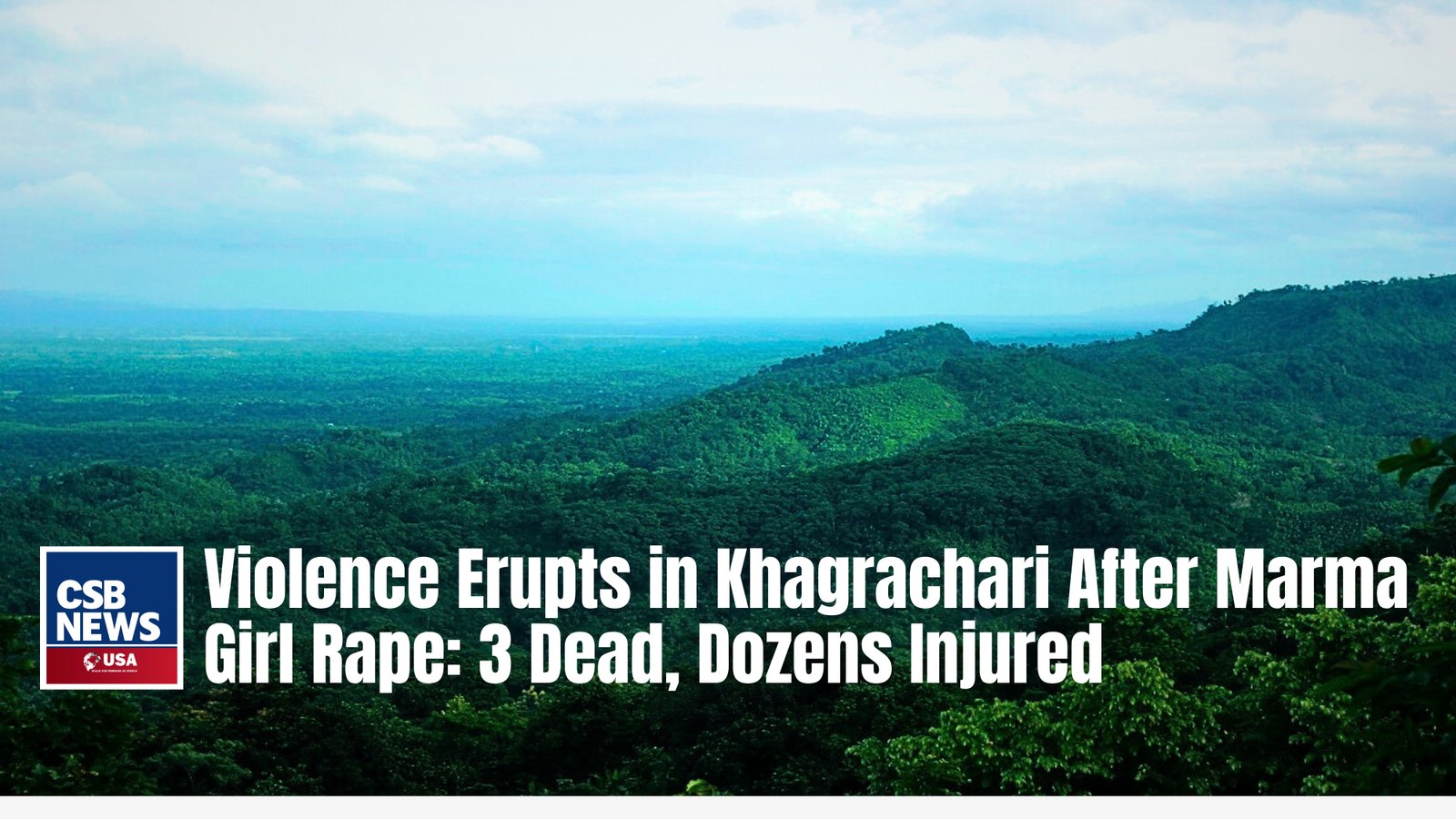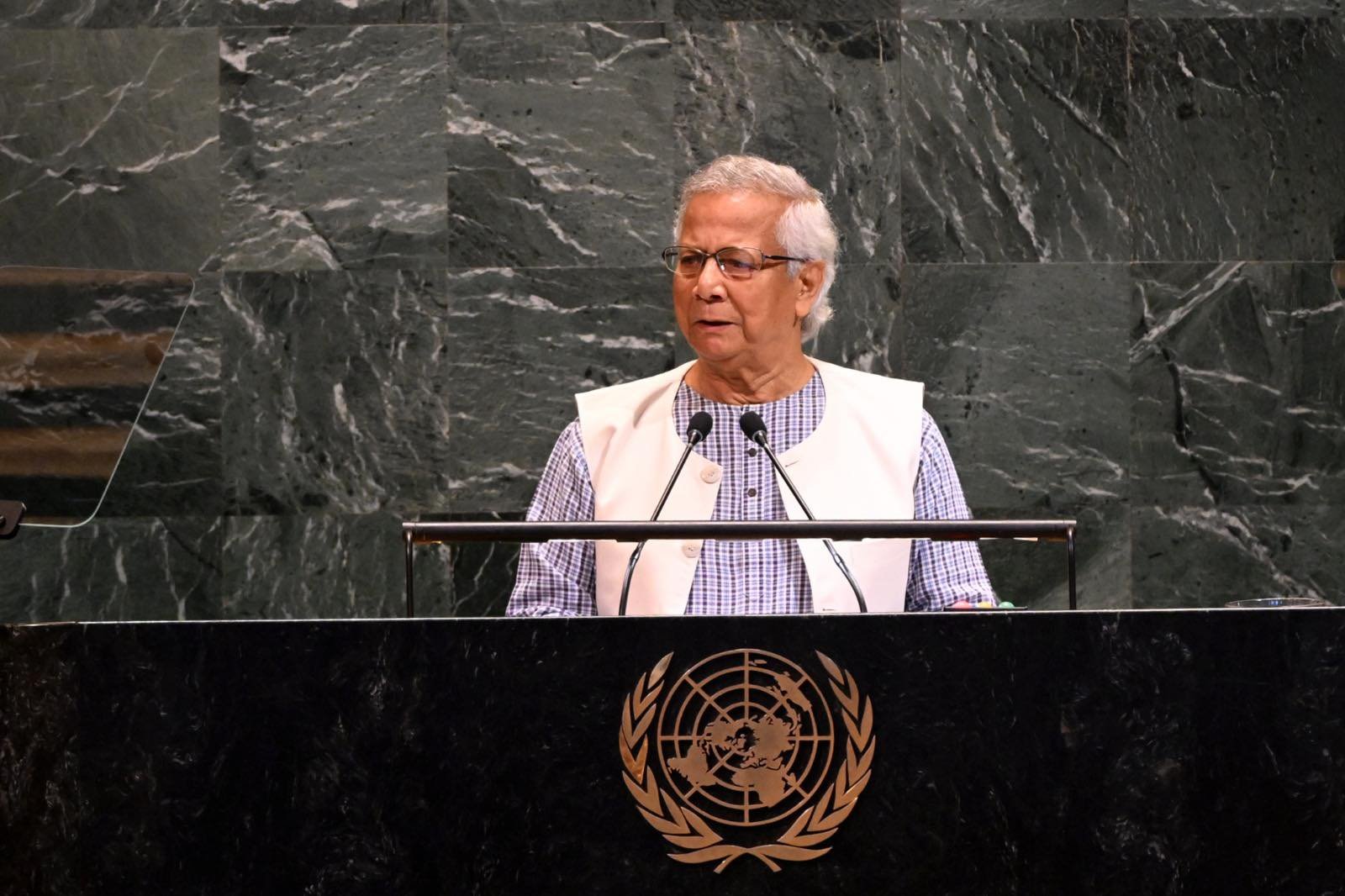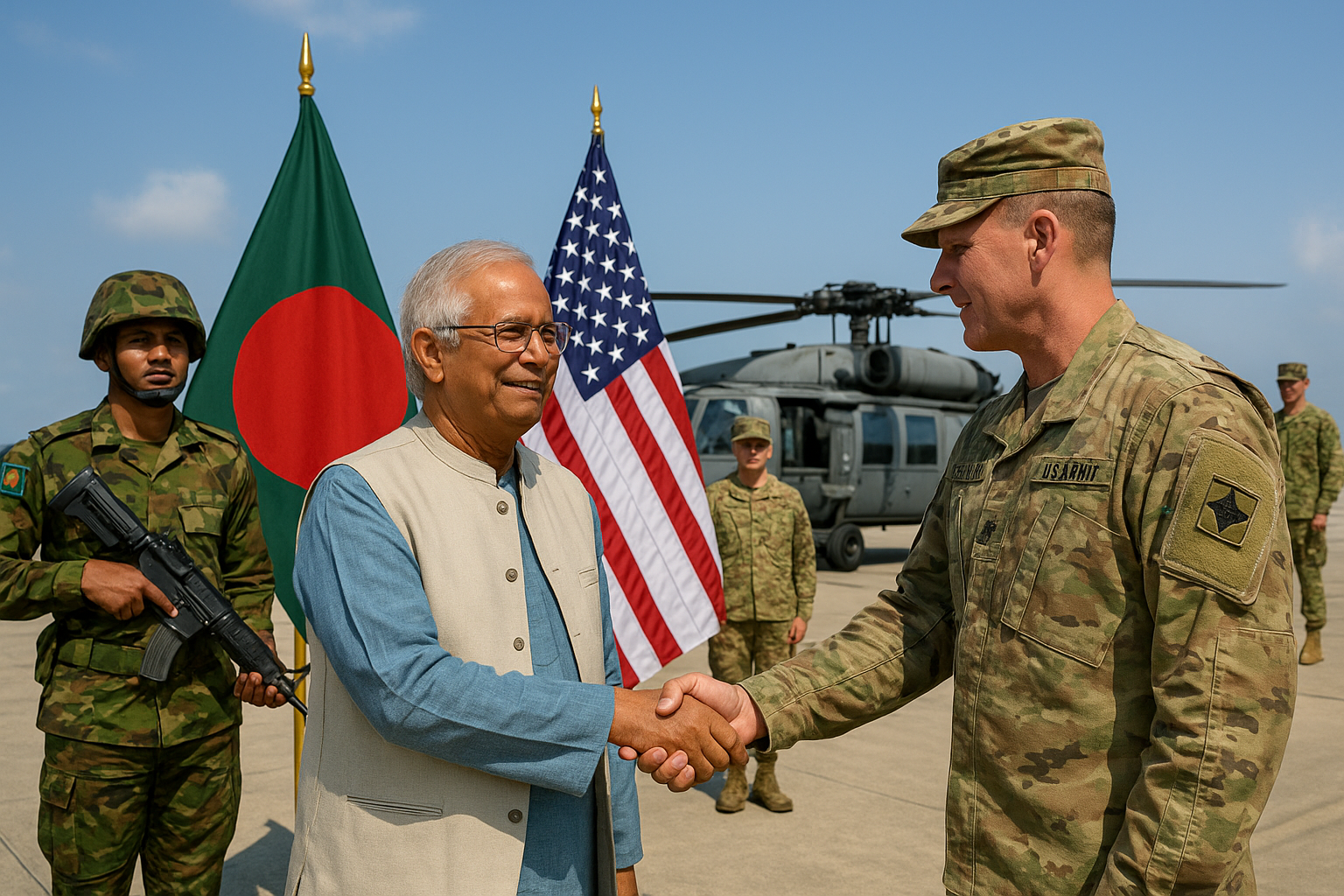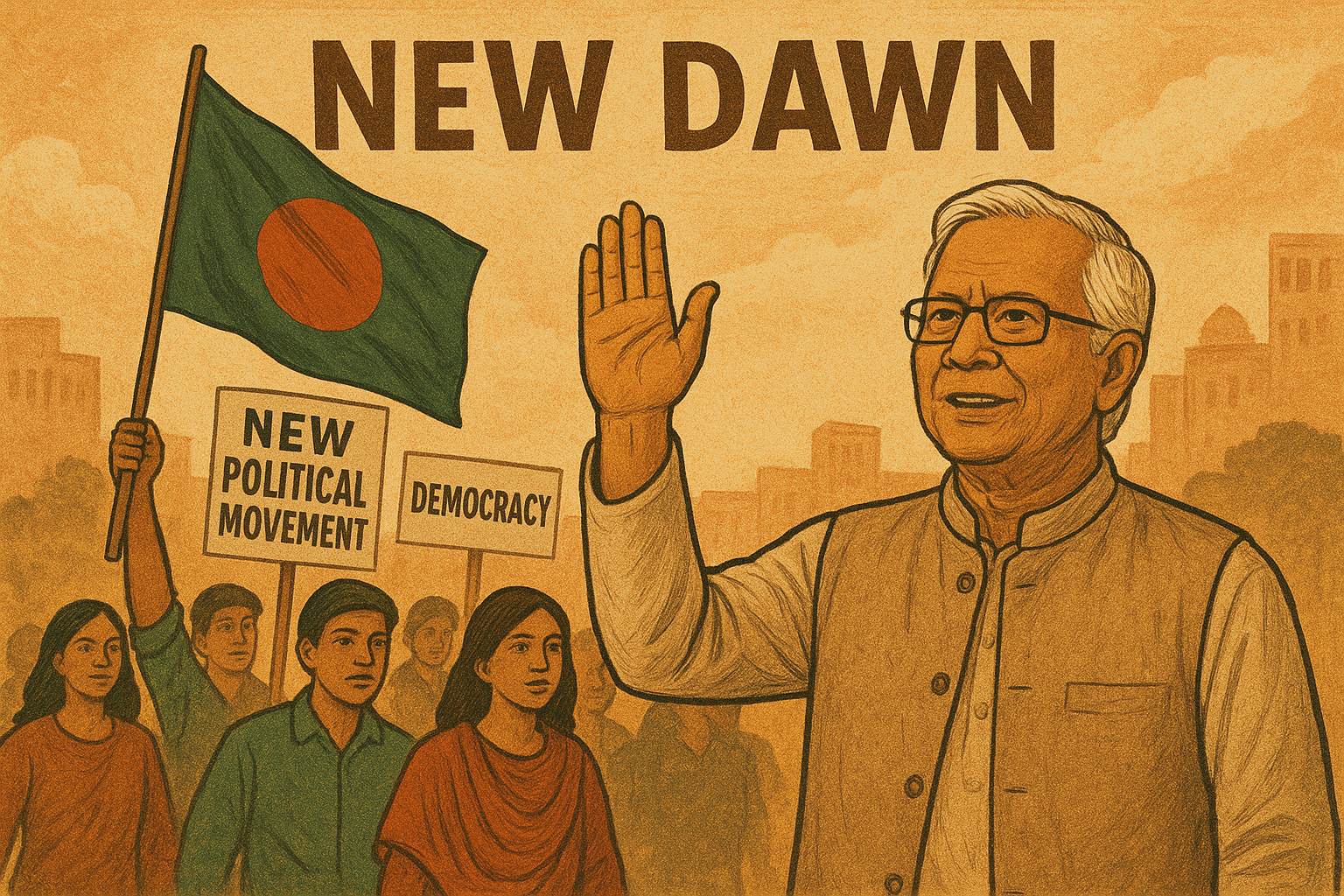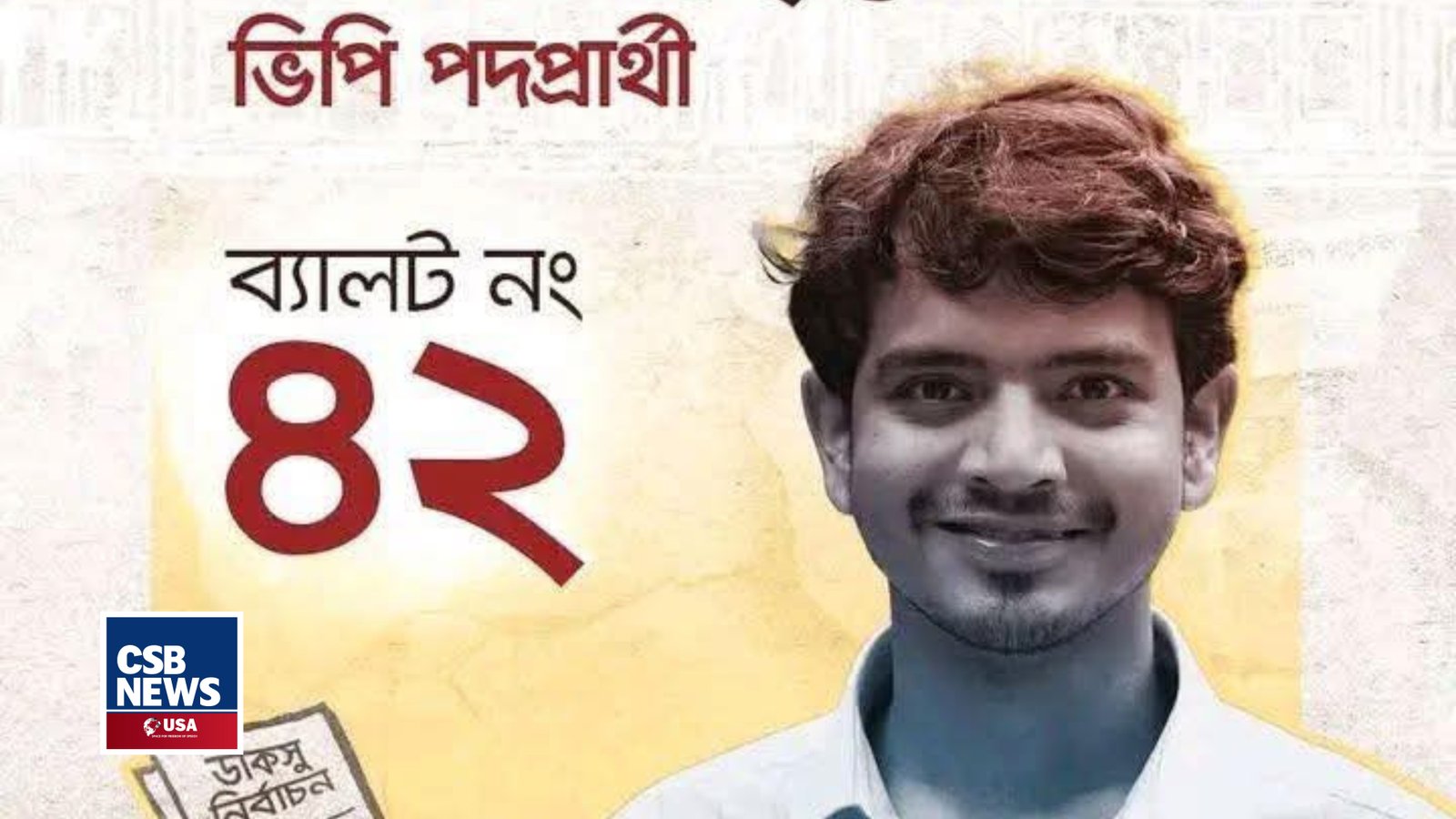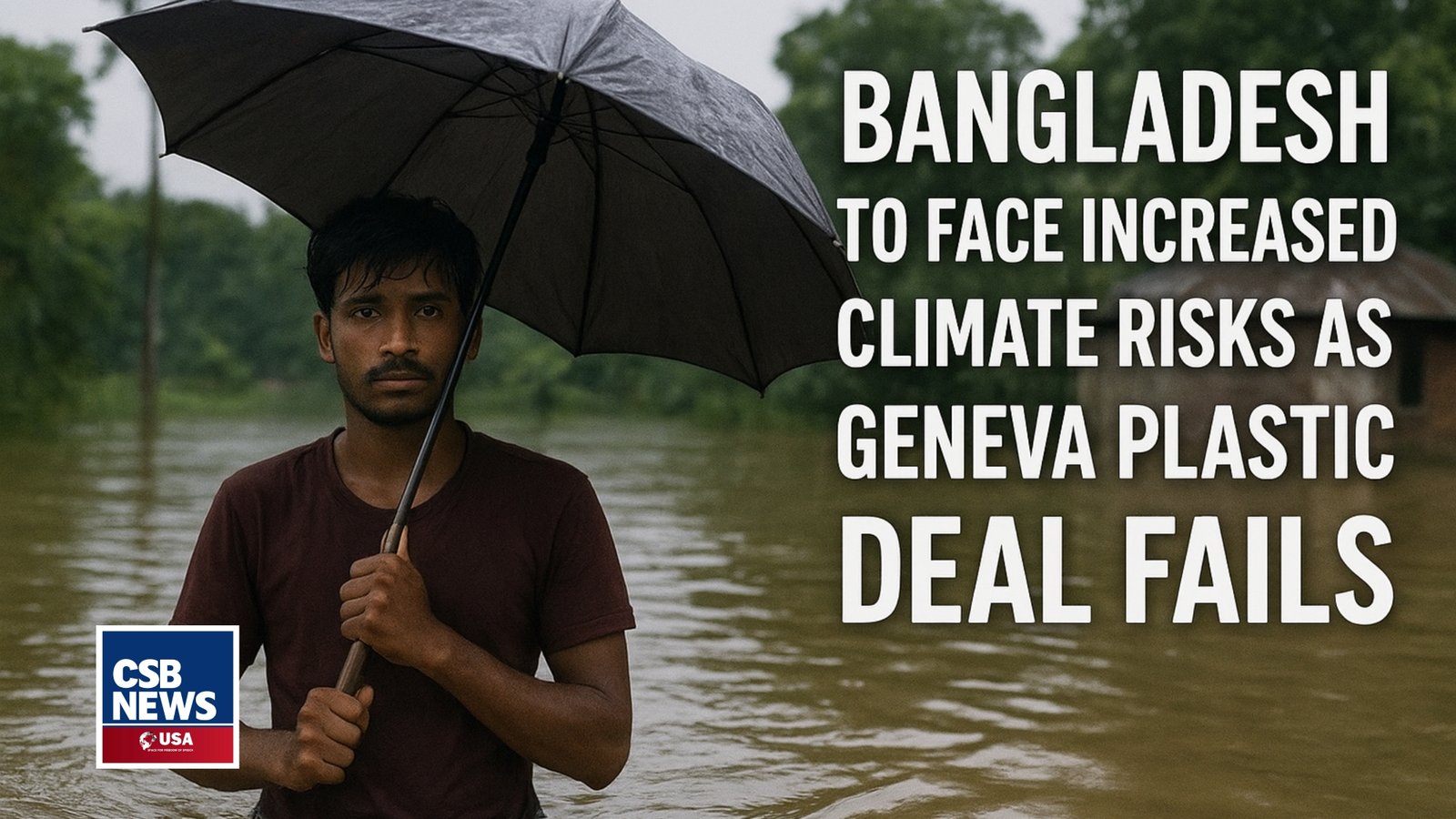Political Unrest Grips Bangladesh Amid Alleged Awami League Plot and Deteriorating Law and Order
The political situation in Bangladesh has taken a dramatic turn for the worse in recent months, as tensions rise with mounting protests, economic hardships, and accusations of political manipulation. As the country struggles with its law and order crisis, questions are emerging about who is to blame for the escalating instability and whether the nation is on the brink of a civil conflict.
Political Unrest Grips Bangladesh Amid Alleged Awami League Plot and Deteriorating Law and Order
Buffalo, New York – November 11, 2024: The situation began to unravel in early August 2024, when former Prime Minister Sheikh Hasina left Bangladesh for India amidst widespread student-led uprisings and demonstrations. These protests, initially sparked by concerns over economic hardship and government policies, quickly escalated into violent clashes with security forces. Since then, the law and order situation has continued to deteriorate, with the Bangladeshi public unable to cope with the skyrocketing prices of essential goods and services.
Escalating Tensions and the Awami League’s Alleged Role
On November 9, 2024, security forces in Bangladesh thwarted a series of planned demonstrations allegedly orchestrated by the former ruling party, the Awami League. The demonstrations, which were reportedly designed to celebrate the election of U.S. President-elect Donald Trump, had a more sinister agenda, according to government officials. Security forces intercepted these protests, which had been organized in multiple cities across Bangladesh, including Dhaka, Chattogram, and Sylhet. The protests, initially framed as “victory parades” in support of Trump, were believed to include plans to incite violence and destabilize the current interim government.
A recently leaked audio recording has further fueled the controversy, in which Sheikh Hasina is allegedly heard directing party members to organize unrest, with the goal of undermining the relationship between the U.S. and the current administration. The content of the call, which is yet to be independently verified, has added fuel to the fire, with some analysts accusing the Awami League of trying to manipulate international events for domestic political gain.
Economic Crisis and Lawlessness Push Bangladesh to the Brink
Amidst the political turmoil, the economic conditions in Bangladesh have worsened significantly. The country has been grappling with skyrocketing inflation, with prices of basic necessities rising at an exponential rate. This has created widespread suffering for ordinary Bangladeshis, many of whom are struggling to afford food, healthcare, and education. The dire economic situation has contributed to the growing frustration and anger of the populace, further fueling the protests.
The situation has also prompted calls for accountability from the Bangladeshi public. Political analysts have expressed concern that the political elite, particularly the Awami League, is using the unrest to destabilize the interim government in the hopes of regaining power. Meanwhile, the interim government has criticized the Awami League for allegedly inciting unrest, accusing the party of jeopardizing national security and diplomatic relations with foreign powers, particularly the United States.
In response to these developments, the interim government has imposed heavy security measures across the country, deploying law enforcement agencies such as the Rapid Action Battalion (RAB) and local police to monitor key locations. However, the effectiveness of these measures has been questioned, with critics arguing that the crackdown is not addressing the root causes of the unrest but rather exacerbating the sense of lawlessness and repression.
International Repercussions and Diplomatic Tensions
The unrest has had international repercussions, especially concerning Bangladesh’s diplomatic relations with the United States. Prior to the U.S. elections, Donald Trump had publicly criticized the Bangladeshi government for its treatment of minorities, particularly Hindus, sparking anger within the Awami League. Trump's tweet, which condemned the "savage attacks on Hindus and other minorities," seemed to galvanize the party’s supporters, with some interpreting Trump's victory as an opportunity to reclaim political power in Bangladesh.
This has raised concerns about the manipulation of foreign political events to serve domestic agendas, with critics warning that such actions could irreparably damage Bangladesh’s standing on the international stage. The interim government, for its part, has condemned the Awami League's alleged actions, calling them “irresponsible” and “detrimental to the nation’s stability.” A government spokesperson said, “We will not tolerate any actions that threaten the integrity of our country or jeopardize our diplomatic relations.”
The Path Forward: Is Bangladesh on the Verge of Civil War?
As Bangladesh approaches its upcoming general elections, the political situation remains fraught with uncertainty. The ongoing unrest, combined with a struggling economy and political polarization, has raised alarm bells both domestically and internationally. Some fear that if tensions continue to escalate, Bangladesh could be on the verge of a civil conflict, with the potential for widespread violence and further instability.
While it is too early to predict the outcome, the question remains: Who will take responsibility for the current state of affairs? The interim government has blamed the Awami League for inciting violence, while the Awami League argues that the government is failing to address the people’s grievances and resorting to repression. Political analysts suggest that both sides bear some responsibility for the breakdown in law and order, but they also caution that the current leadership has failed to provide the stability and governance needed to restore confidence in the country’s institutions.
The international community, particularly the United States and the United Nations, has been closely monitoring the situation. Calls for dialogue and restraint have come from several foreign governments, with many urging all political parties in Bangladesh to focus on peaceful resolution and the preservation of democratic values. However, given the deepening divides within the country, it remains uncertain whether peaceful dialogue will be possible or if the nation is destined for further unrest.
Conclusion: A Nation at a Crossroads
The future of Bangladesh hangs in the balance. As the nation grapples with political instability, economic hardship, and growing tensions between rival political factions, the potential for a broader crisis looms large. Whether the current situation will lead to civil war or a peaceful resolution depends on the actions of all stakeholders involved—politicians, the military, and the Bangladeshi people themselves. What is clear, however, is that the country’s future will be shaped by the choices made in these critical moments of turmoil.
The world watches closely as Bangladesh navigates these perilous waters, hoping for a peaceful and prosperous resolution, but fearing the worst.


